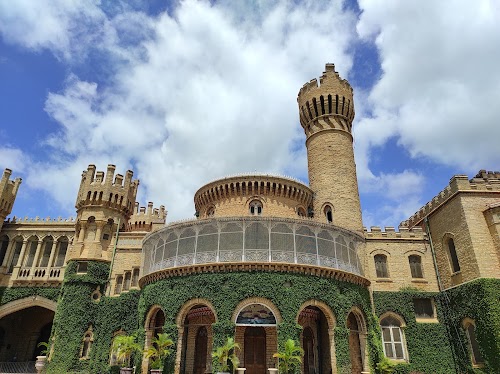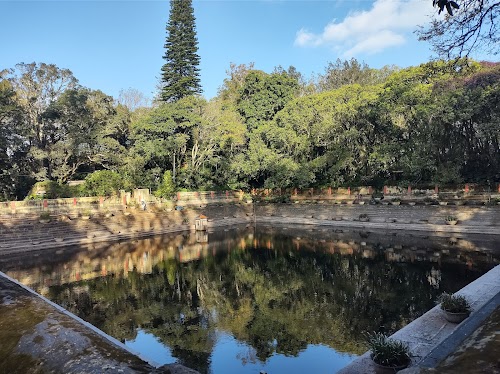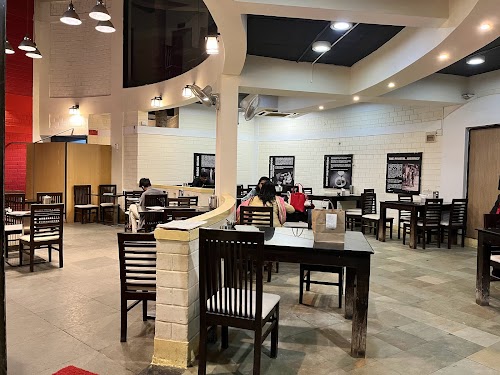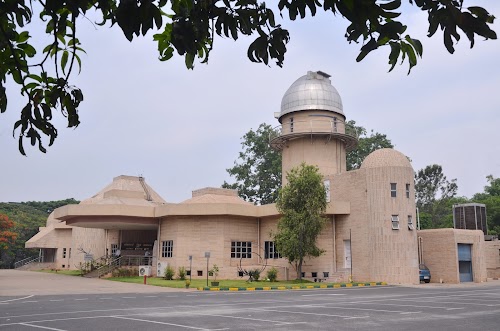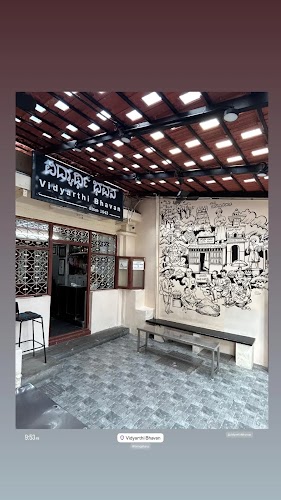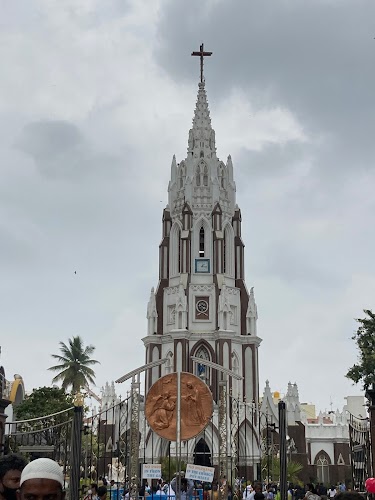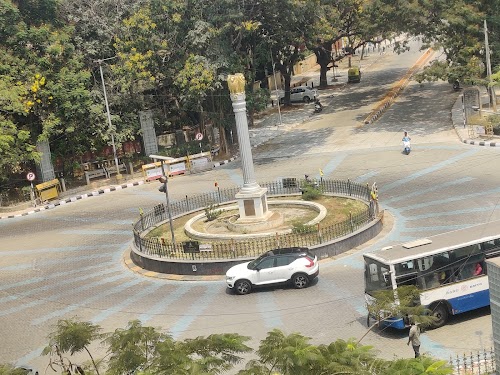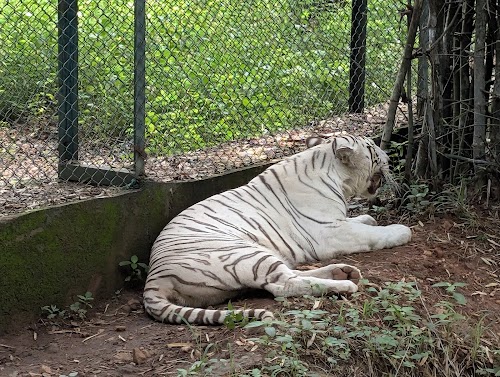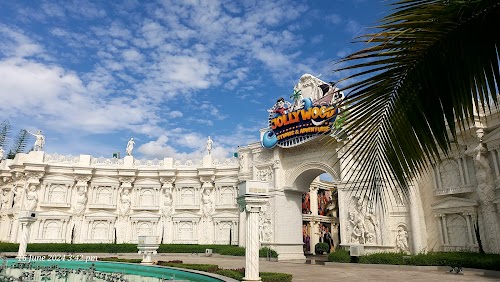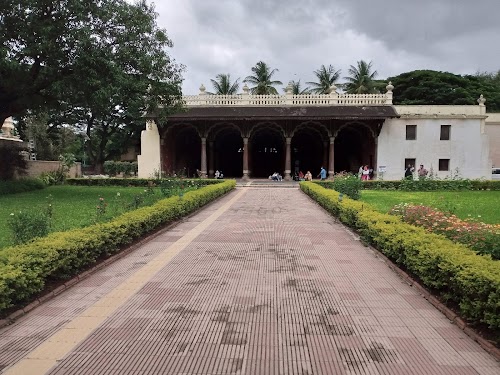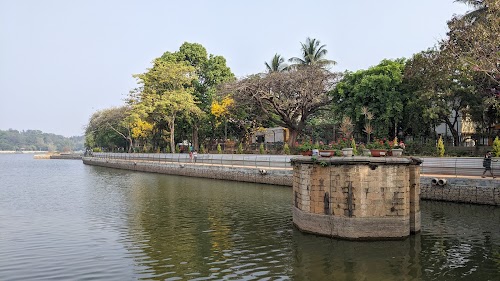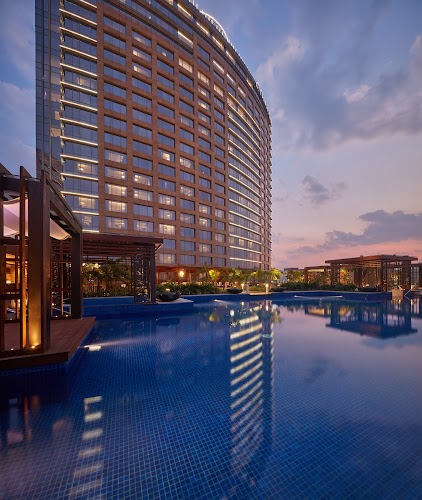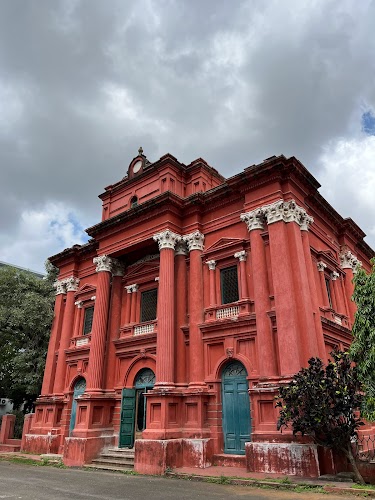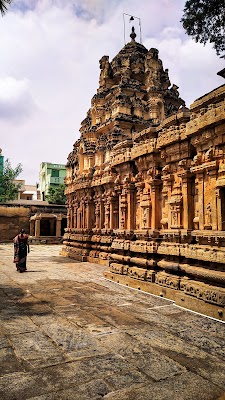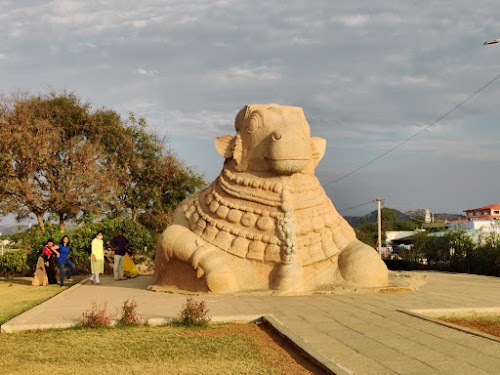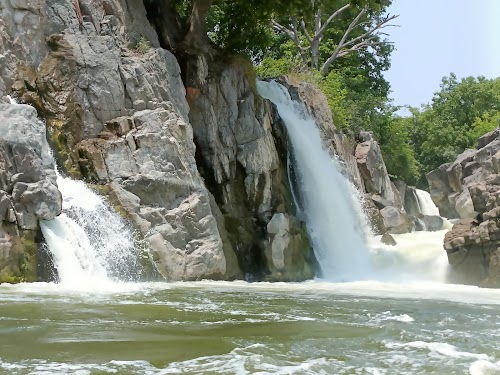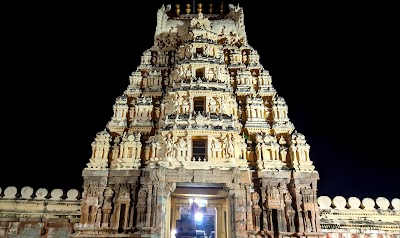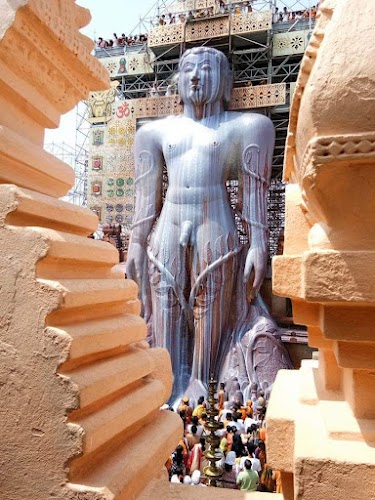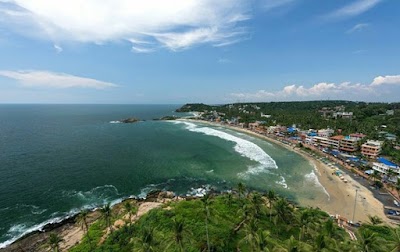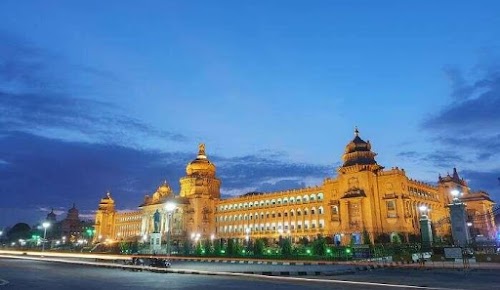
Bengaluru, India
Bangalore, officially known as Bengaluru, is the capital of the Indian state of Karnataka. It has a population of more than 8 million and a metropolitan population of around 11 million, making it the third most populous city and second most populous urban agglomeration in India. Located in southern India on the Deccan Plateau, at a height of over 900 m (3,000 ft) above sea level, Bangalore is known for its pleasant climate year-round. Often referred to as the "Silicon Valley of India," Bangalore is the home of numerous IT companies and startups. The city also boasts beautiful parks, historical sites, vibrant nightlife, and a thriving cultural scene. From traditional dance performances to modern art exhibitions, there is something for everyone in Bangalore.
Known for:
History:
Bangalore's history dates back to the 9th century, with inscriptions mentioning a battle fought in the area. In 1537, Kempe Gowda I of the Vijayanagara Empire established a mud fort, considered the foundation of modern Bangalore. The city later came under the rule of the Mughals and then the Marathas before being captured by the British in 1791. Under British rule, Bangalore became a major military and administrative center. The city's growth accelerated in the 20th century, especially after India's independence in 1947. The establishment of public sector industries and later the IT boom transformed Bangalore into a major metropolis.
How to reach:
Bangalore is well-connected by air, rail, and road. Kempegowda International Airport (BLR) serves the city with domestic and international flights. Bangalore City Railway Station is a major rail hub. National highways connect Bangalore to other major cities.
Places in Bengaluru, India
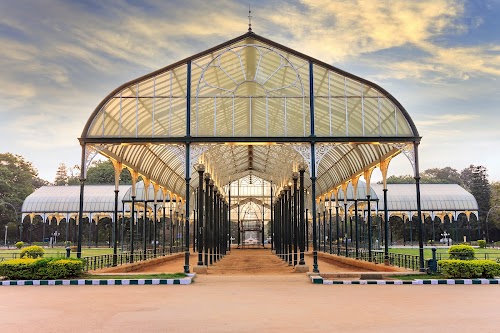
Lalbagh Botanical Garden
Bengaluru, India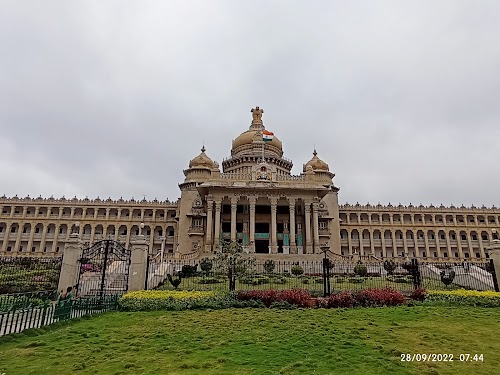
Vidhana Soudha
Bengaluru, India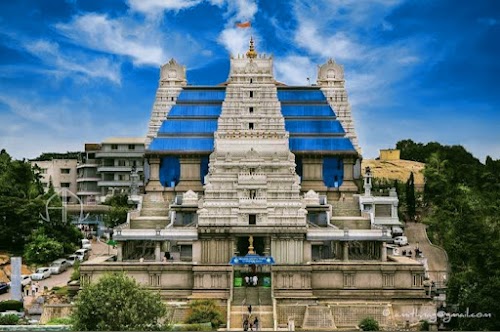
ISKCON Temple
Bengaluru, India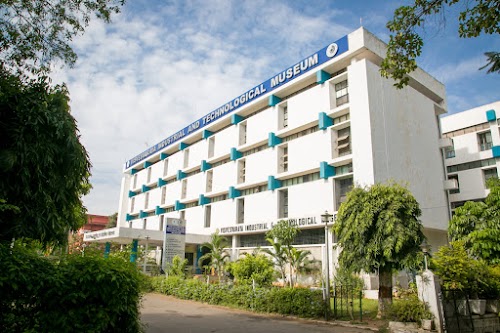
Visvesvaraya Industrial & Technological Museum
Bengaluru, India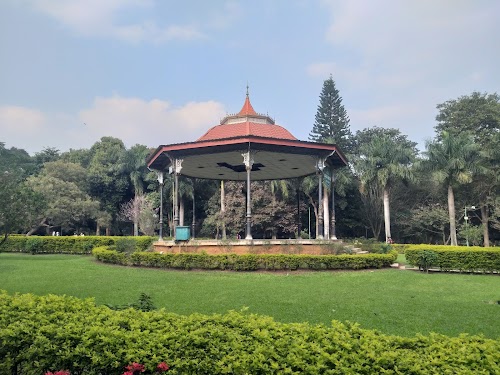
Cubbon Park
Bengaluru, India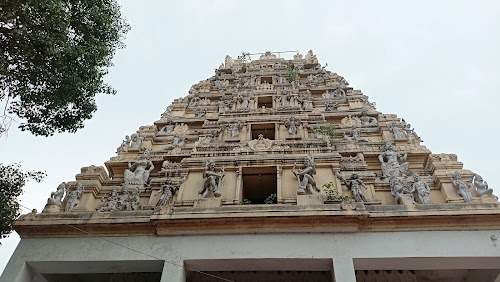
Dodda Basavana Gudi (Bull Temple)
Bengaluru, India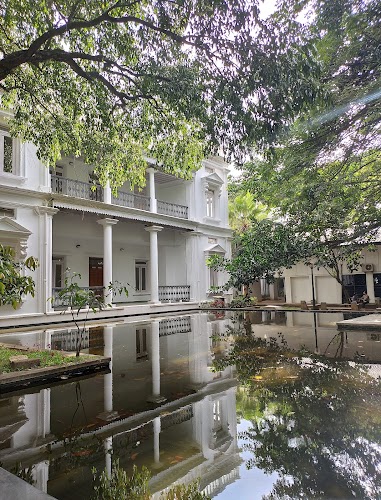
National Gallery of Modern Art
Bengaluru, India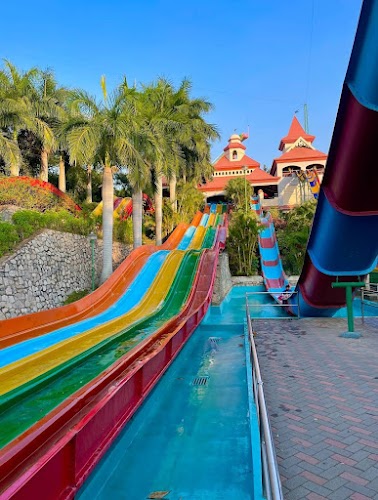
Wonderla Amusement Park
Bengaluru, India
